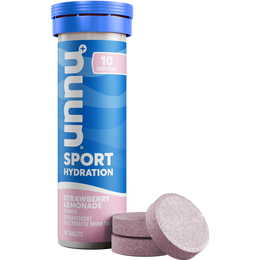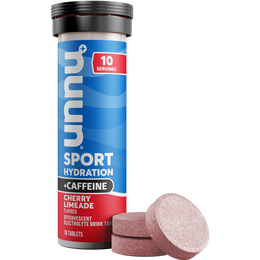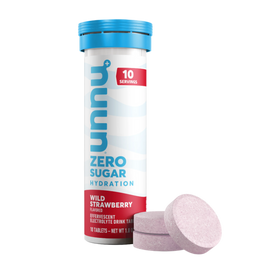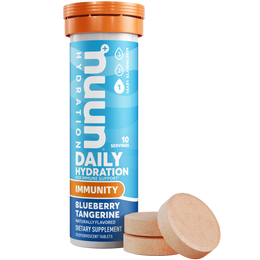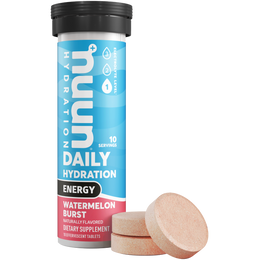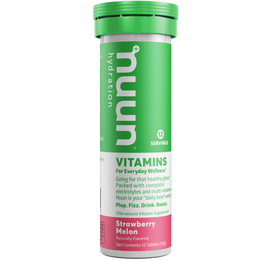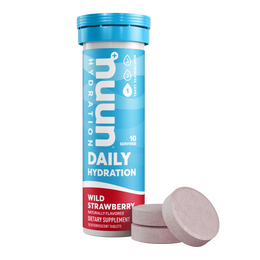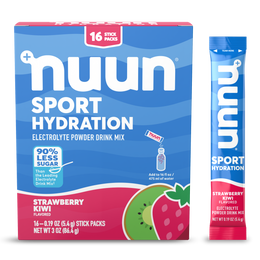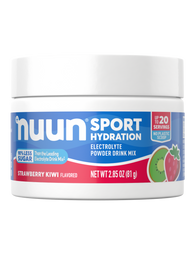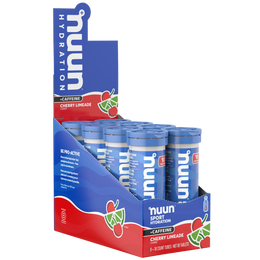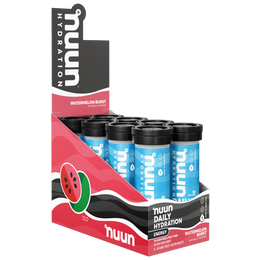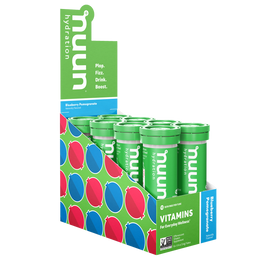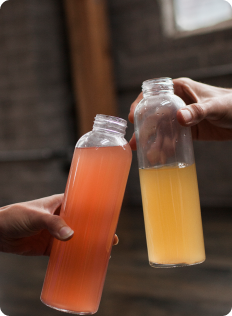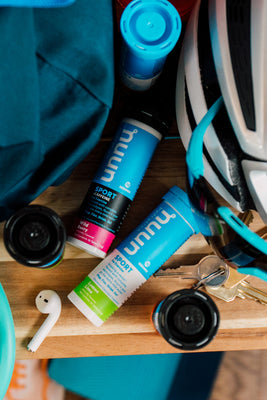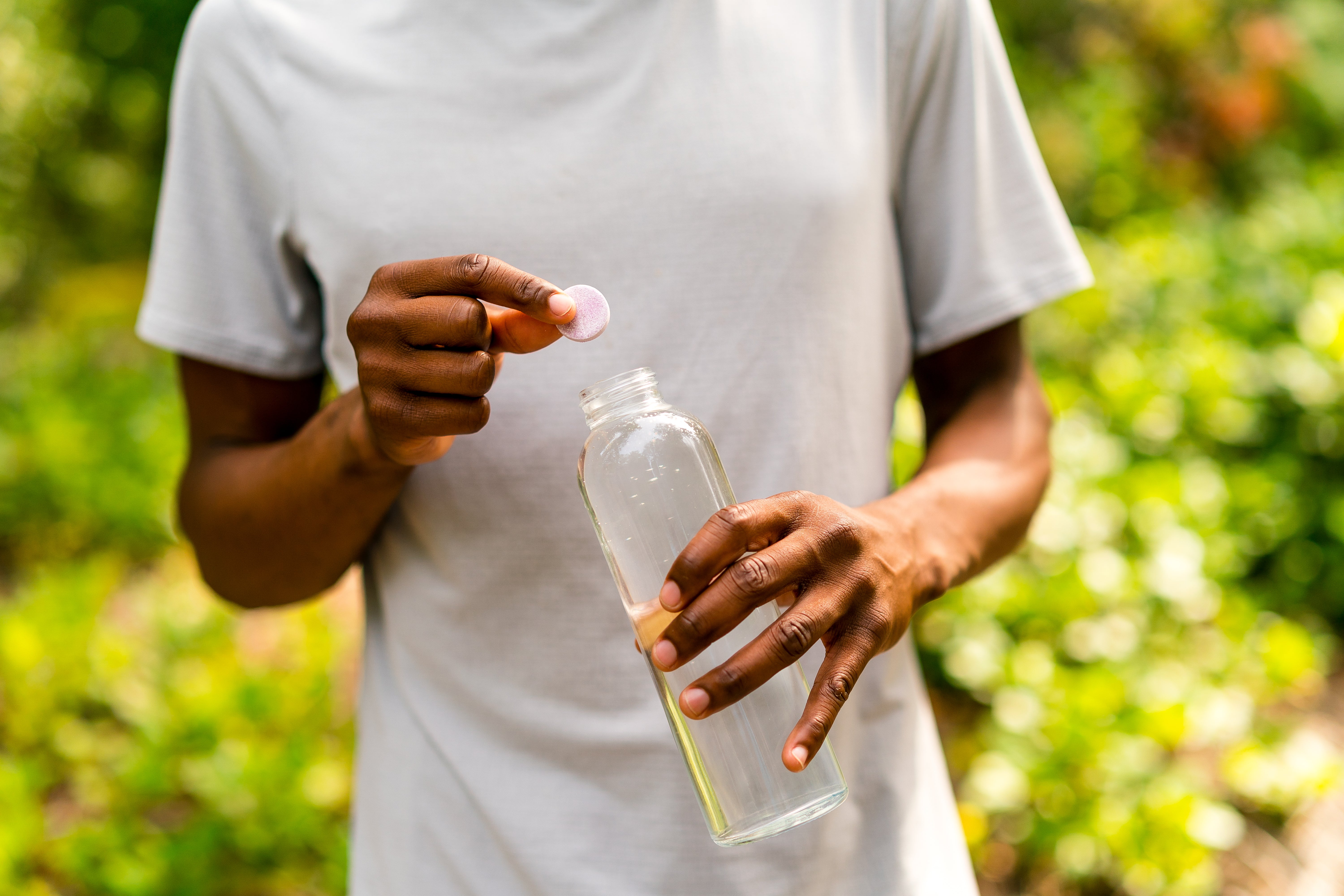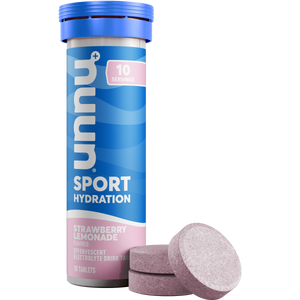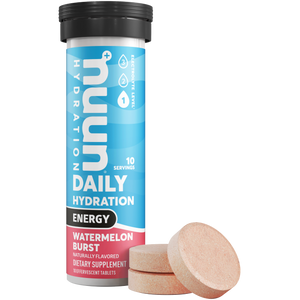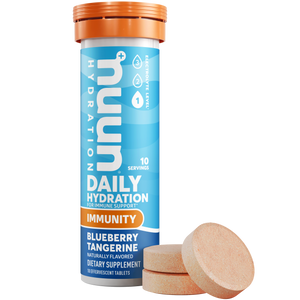What do daily happiness, long-term health, and improved productivity have in common? They all link back to a key wellness routine that we practice every day: consistent and quality sleep. According to Matthew Walker, sleep scientist and author of “Why We Sleep”,
“Sleep is the single most effective thing we can do to reset our brain and body health each day -- Mother Nature's best effort yet at contra-death."
Yet, nearly 7 out of every 10 Americans report that they do not feel they are receiving enough sleep or enough quality sleep each night. This begs the question: how do we ensure better sleep?
The impact of one lost hour of sleep
Most of the continental United States participates in daylight savings every Spring during which time we lose an hour of regular, routine sleep. In order to understand the impact of just one hour of sleep, what happens when we lose an hour of it?
According to a US-based survey, approximately 55% of us report that we experience negative effects of a lost hour of sleep which can extend up to a week’s time after daylight savings day. According to the same survey, the effects of an hour of sleep deprivation can range from general sluggishness and an increased reliance on caffeine through to mild feelings of depression in the week following a spring-time sleep deficit.
"Most people think nothing of losing an hour of sleep for a single night, believing it to be trivial and inconsequential. It is anything but.”
-Matthew Walker
One hour may not seem like it would make a significant physiological difference but the loss of 60-minutes of shut eye has been linked to increased sugar consumption (up to 200 calories on average per 1 hour of lost sleep) as well as increased cardiac emergencies on a national level. A University of Michigan Study showed a 24% jump in the occurrence of heart attacks on the Monday following a “lost sleep” daylight savings observation.
If sleep is our ultimate health & wellness champion how do we ensure that we’re minimizing the effects of sub-par shut-eye?
Ensuring a night of quality sleep all stems from good sleep hygiene. Sleep Hygiene is the series of practices that make up your pre-bedtime routine. Optimizing your routine is key for long-term sleep performance (yes, this IS a thing). Below are 5 sleep hygiene tips to get better sleep and minimize the effects of daylights savings.
Sleep Hygiene for the Mind
We asked 270 people why they thought they had trouble sleeping. 78% of those people reported that the reason they can’t sleep is because their minds can’t relax. With busy jobs, endless to-do lists and limitless social media input, it is no wonder our minds can’t slow down when our bodies hit the hay.
Can lack of sleep make you sick?
Studies have shown that people who are lacking in hours or quality of sleep are much more likely to contract an illness when exposed to germs. During sleep, our body produces immune-system-defending-cells called, “natural killer cells”, or “NK Cells”. NK Cells are rapid responders to any internal viral or bacterial cells and play a pivotal role in fighting off everyday illness. A study by Dr. Michael Irwin showed a 70% drop in NK cell activity in individuals who were restricted to 4 hours of sleep over the course of one night. This level of cell activity is considered immune deficient!
While this noteworthy, the even more alarming issues present themselves when the pattern is repeated. Long-term sleep deprivation has been linked to more serious diseases like obesity, diabetes and hypertension. Sleep is our ultimate health & wellness champion, so how do we ensure that we’re not falling behind during daylight savings?
Tip #1: Make magnesium part of your bedtime routine.
Magnesium is a naturally occurring mineral that helps calm rapid brain activity by activating our parasympathetic nervous system. Our parasympathetic nervous system is responsible for calming down nerve activity and triggering a deep relaxation response. With a little help from magnesium, our minds can begin to slow down and prepare for a restful night.
Pick your Pre-Bedtime Beverages Carefully
We’ve often been told to avoid eating dinner too close to bedtime, but our beverage behavior plays just as important a role in sleep hygiene. Consumption of alcohol within 3-4 hours leading up to bed has a sedative-like effect on our sleep. Sleep scientist Matthew Walker explains that alcohol “sedates you out of wakefulness” and results in regular, short wakeups during the 2nd half of sleep cycles.
On the other hand, from the time we lay down at night to the time we wake up in the morning, we are experiencing an elongated period of dehydration and sleep. Not only is it important to re-hydrate first thing in the morning, but equally important to pre-hydrate before we rest. This is not totally dissimilar to the way we would prepare our bodies for a dehydrating workout.
Tip #2: Skip the nightcap and sip on some h2o.
Going to bed in a dehydrated state can lead to serious sleep deprivation. Dehydration not only decreases the quantity, but also the quality of deep sleep. Pre-hydrating up to an hour before bedtime will help to regulate the hormone secretion that assist in both falling asleep and staying asleep.
Sleep Hygiene for the Body
Even the most hydrated and mentally prepared can run into issues falling asleep if our bodies are not prepared for a deep state of relaxation. Two common barriers to falling asleep are: 1. high core body temperature and 2. tense/overactive muscles. In order to avoid a restless body while trying to fall asleep, consider adding the following practices into your sleep hygiene routine:
Tip #3: Regulate your body temperature.
Our bodies relax into a sleep state much faster at a cooler core temperature. Taking a hot shower right before bed is a quick way to cool your core. To maintain a comfortable core temperature throughout the night, set your thermostat to 65-degree Fahrenheit for an ideal sleep atmosphere.
Tip #4: Introduce a potassium supplement into your bedtime routine.
Potassium is an effective mineral for releasing tension from muscles. Whether you have built up stress from work or tight muscles from a workout, muscle tension sends a signal to the brain that it is not ready to fall asleep yet. Taking a potassium supplement before bed helps to ease muscles into a relaxed state and prevents cramping throughout the night.
Prime your body for natural sleep-hormone release
Our first stage of sleep state is most often triggered by a release of a hormone called melatonin. Melatonin supplements can be purchased over the counter and are popular sleep aids, but an ideal sleep routine optimizes the body’s ability to produce sleep hormones naturally and regularly each night. Our last tip optimizes the body’s hormonal response for quality rest:
Tip #5: Consume tart cherry before bed.
A 2011 study tested the effects that tart cherry consumption had on sleep performance. While both the tart cherry and placebo group saw no difference in the timing of their respective melatonin release, the tart cherry test group did see an increase in both the amount and potency of their melatonin hormone release during initial sleep cycles. Tart cherry has been attributed to both deeper and longer sleep and is regularly used to help treat insomnia. In addition to the hormonal benefits of tart cherry it also aids in reducing inflammation and soreness in the muscles, making it an all-around sleep superhero!
Put your sleep hygiene routine into practice! Save our sleep guide to your phone to keep your bedtime prep top of mind.
